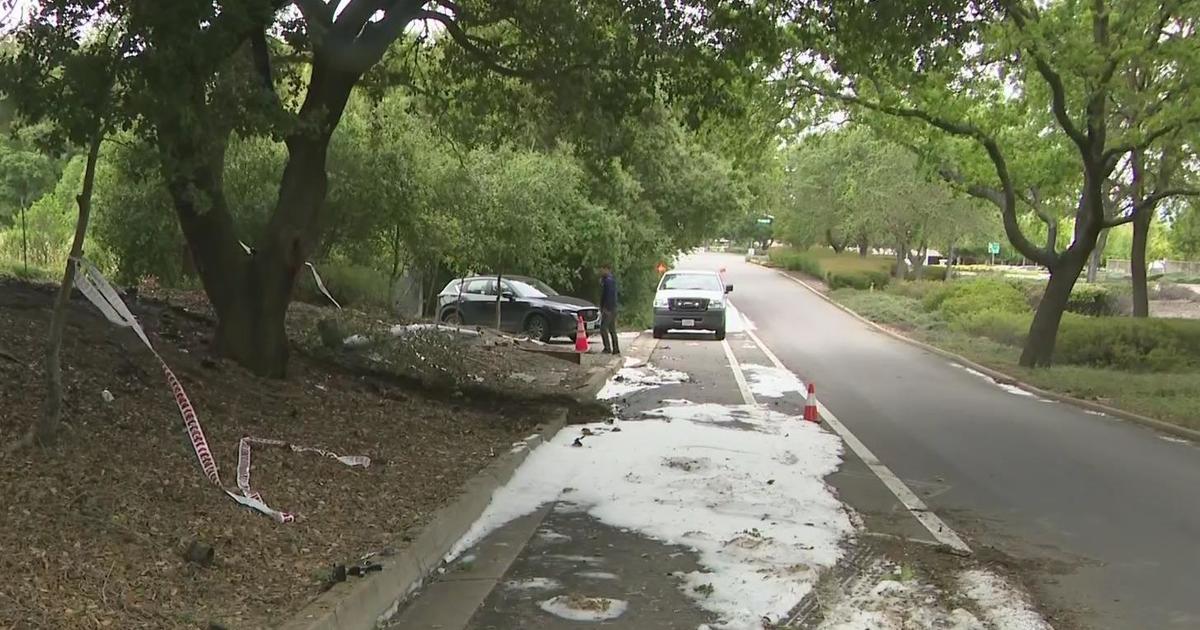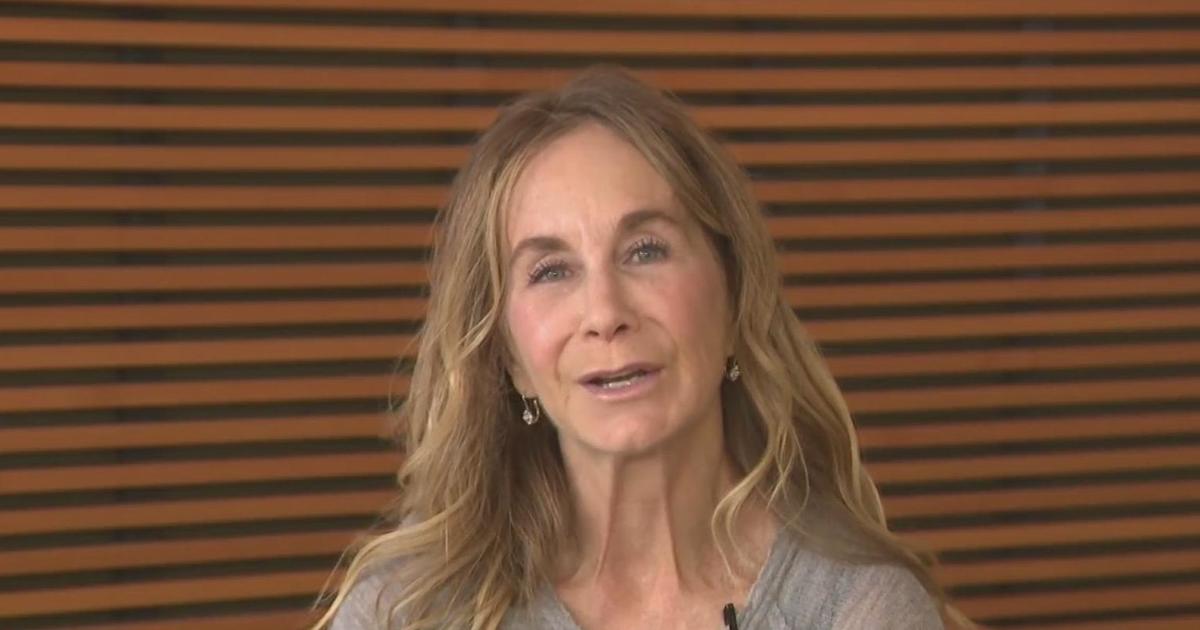Pelosi, Dems Ready Strategy For Ending Government Shutdown
SAN FRANCISCO (KPIX) -- On Thursday, January 3, Democrats will control the House of Representatives for the first time since 2011 and the first item on the agenda is clear: end the government shutdown.
House Speaker-Designate, Congresswoman Nancy Pelosi (D-CA) and Senate Minority Leader Chuck Schumer (D-NY) issued a statement on Monday laying out their strategy.
"The President is using the government shutdown to try to force an expensive and ineffective wall upon the American people, but Democrats have offered two bills which separate the arguments over the wall from the government shutdown," the statement reads.
"The first bill would reopen all government agencies except for the Department of Homeland Security – not taking a position on the President's wall. It would simply continue the funding levels and language that both parties have already supported. The second bill would extend the Department of Homeland Security's funding through February 8th, which Republicans already supported in recent weeks."
What do the lawmakers mean by "Republicans already supported in recent weeks"? To answer that, we have to go back to March of this year.
On March 23, 2018, the President signed HR 1625, a 2018 budget allotting about $1.3 billion dollars to Customs and Border Protection to build border barriers that allow agents to see through to the other side – like the steel bollard designs currently in use in several places along the border. (Another $196 billion was for "border security technology" and $38 billion for "border barrier planning and design" – bringing the total to about $1.6 billion.)
At the time, Rep. Pelosi denied that the $1.3 billion for steel bollard barriers meant border wall funding, instead calling it "fencing."
The President took a broader view of what constitutes a wall, tweeting, "Got $1.6 Billion to start Wall on Southern Border…"
For the federal government, the fiscal year runs from October 1 of a given year to September 30 of the next year. Thus, parts of the 2018 budget (including Customs and Border Protection funding) were set to expire on September 30, 2018.
To avoid a shutdown, the House and Senate agreed to a funding extension and on September 28, 2018, the President signed HR 6157, allowing continued funding of the prior budget bill (HR 1625) until December 7, 2018. This extension did not grant any more money for border barriers; it just kept the prior allocation of $1.3 billion available to Customs and Border Protection.
As the end of that extension grew closer, it was clear another one was needed, so the House and Senate unanimously passed, HJR. 143 and the President signed it on December 7, 2018.
The new extension simply changed the expiration date on the prior bill (HR 6157) from December 7, 2018 to December 21, 2018. When no new extension was passed, the shutdown began on December 22.
So, when Democrats says they are proposing bills that "Republicans already supported in recent weeks" they mean extensions of the 2018 budget that do not include new barrier funding.
Essentially what Pelosi and Schumer are planning to do is extend funding for all the shutdown agencies until September 30, 2019, except for the Department of Homeland Security (Customs and Border Protection is part of DHS) which would be extended until February 8, 2019.
Presumably, this would give the two sides until February 8 to negotiate about 2019 wall/fence/barrier funding while allowing the rest of the government to operate normally.
With a Democratic majority, the plan will surely pass in the House of Representatives. But then there is the matter of the Senate, where Republicans will have a 55-43 (2 Independents) majority. Even if seven Republican Senators were willing to vote for the Democrats' plan, a spokesman for Senate GOP leader Mitch McConnell (R-KY) says he won't allow a vote on any bill that the President won't sign.
The President says he wants $5 billion for border wall funding and a bill allocating $1.6 billion for a border barrier (with a "see through" mandate similar to the 2018 budget) has already passed the Senate Appropriations Committee with the support of ten Democrats. If the two sides can agree on a term like "barrier" instead of "wall," and an amount between $5 billion and $1.6 billion, an agreement is possible.
Today, the President tweeted to Pelosi, "Let's make a deal?" and invited eight leading lawmakers to a meeting at the White House on Wednesday.
On the guest list are Democrats Pelosi, Schumer, Rep. Steny Hoyer (D-MD) and Sen. Dick Durbin (D-IL). Also Republicans McConnell, Rep. Kevin McCarthy (R-CA), Rep. Steve Scalise (R-LA) and Sen. John Thune (R-SD).



